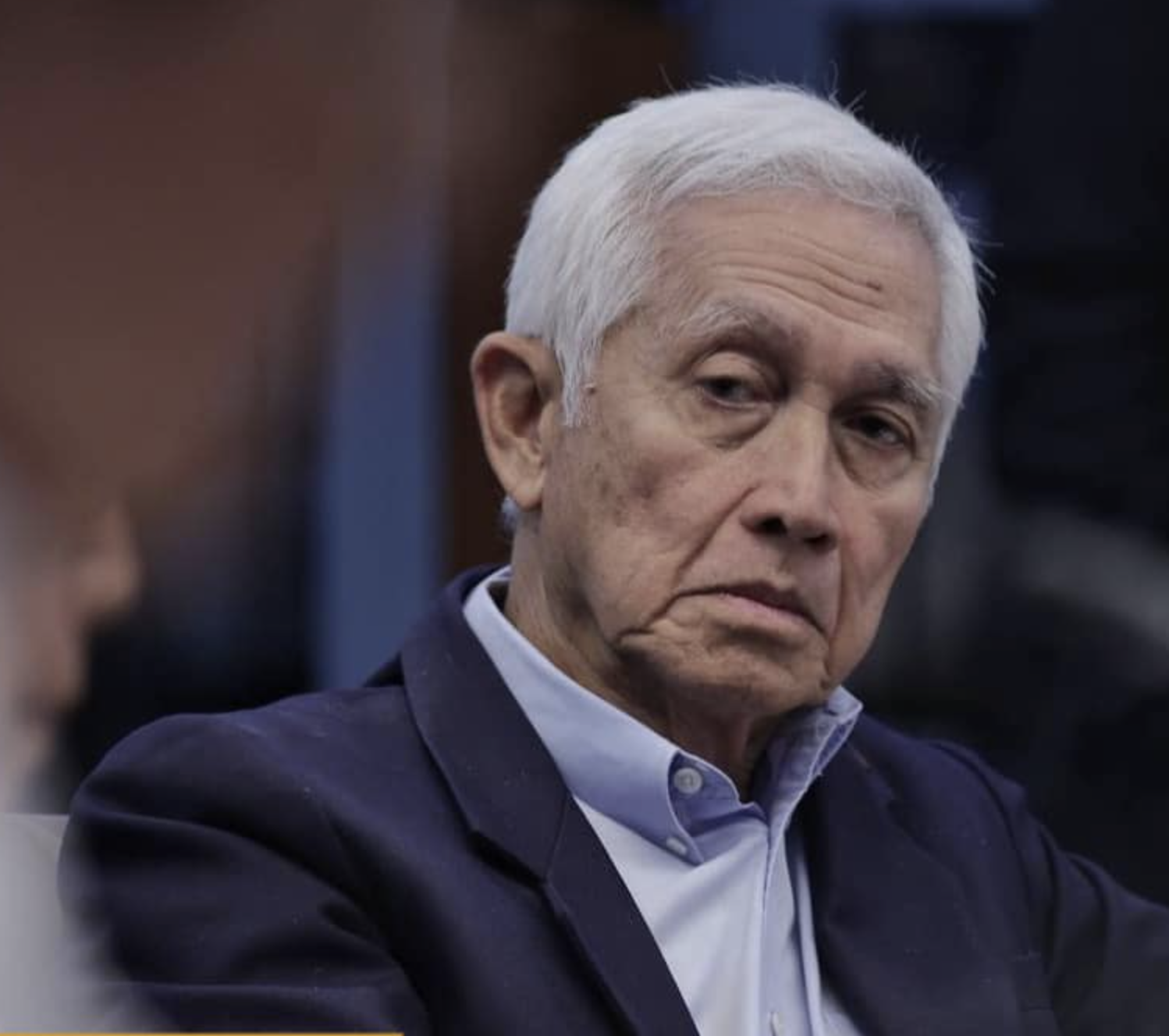'PH is most restrictive': Ex-DOF chief Teves backs economic Cha-cha
At A Glance
- Former Department of Finance (DOF) secretary Margarito ''Gary'' Teves has joined a long list of experts who expressed support to amending the supposed restrictive economic provisions of the 1987 Constitution.
- Teves served as representative of Negros Oriental's third district from 1987 to 1998. He was secretary of the DOF from 2005 to 2010, under the administration of former president Gloria Macapagal-Arroyo.
 Former Department of Finance (DOF) secretary Margarito ''Gary'' Teves (MANILA BULLETIN)
Former Department of Finance (DOF) secretary Margarito ''Gary'' Teves (MANILA BULLETIN)
Former Department of Finance (DOF) secretary Margarito ''Gary'' Teves has joined a long list of experts who expressed support to amending the supposed restrictive economic provisions of the 1987 Constitution.
One of these limitations provided by the Constitution is seen in foreign equity ownerships, which Teves deems the “most restrictive” in the Association of Southeast Asian Nations (ASEAN) region.
“Remove those from the Constitution. We are the only country in ASEAN and perhaps in the entire world with those restrictions in the Constitution,” the former congressman said. “We are the most restrictive in ASEAN”.
He noted that neighboring Vietnam has made substantial liberalization, which resulted in it becoming the “least restrictive” in the region.
Meanwhile, the Philippines ranks third in the number of restrictions, only lagging behind conflict-ridden Palestine state and Libya.
Teves gave this remarks during a roundtable forum on Wednesday, Feb. 14, on the impact of regulatory barriers on foreign direct investments. The event was organized by the House of Representatives Congressional Policy and Budget Research Department (CPBRD).
The veteran policymaker sees constitutional restrictions in crucial sectors of the economy such as in agriculture, mining, construction, transport, media, and telecommunications.
However, he stressed that not all restrictions to the country’s economy are present in the Constitution.
Issues related to ease of doing business, red tape, corruption, infrastructure, logistics, and cost of electricity are among the reasons why some foreign investors choose not to invest in the country—which ultimately hinders the flow of capital. Less capital means less opportunities to adkivkr further progress.
Teves informed lawmakers that another “serious constraint” in investment is local government interference and regulation.
The former finance chief said businessmen and investors did not expect to encounter such problems in local governance in the form of strict and lengthy bureaucratic hurdles.
Teves served as secretary of the DOF under the administration of former president Gloria Macapagal-Arroyo, as well as representative of Negros Oriental’s third district from 1987 to 1998.